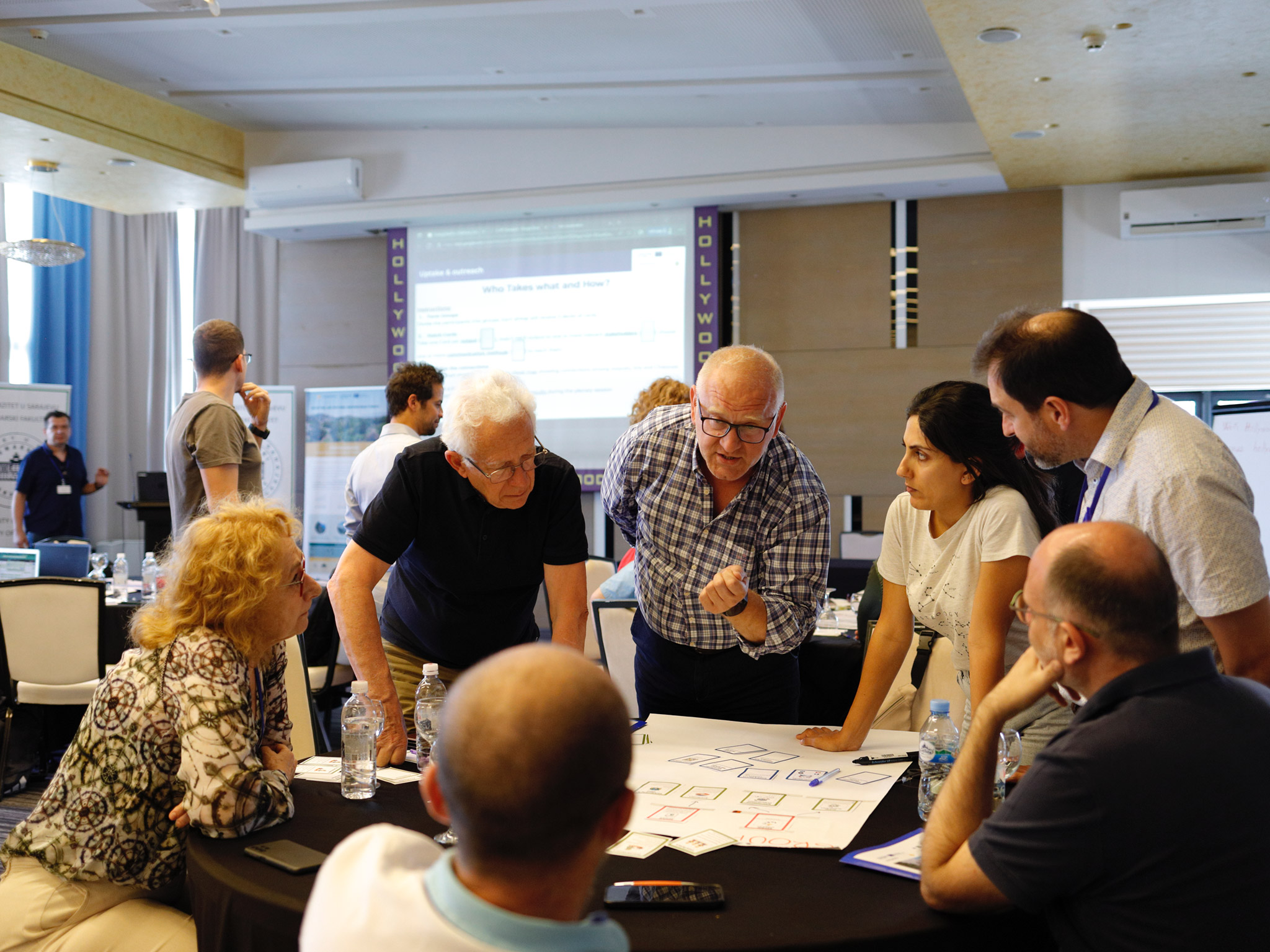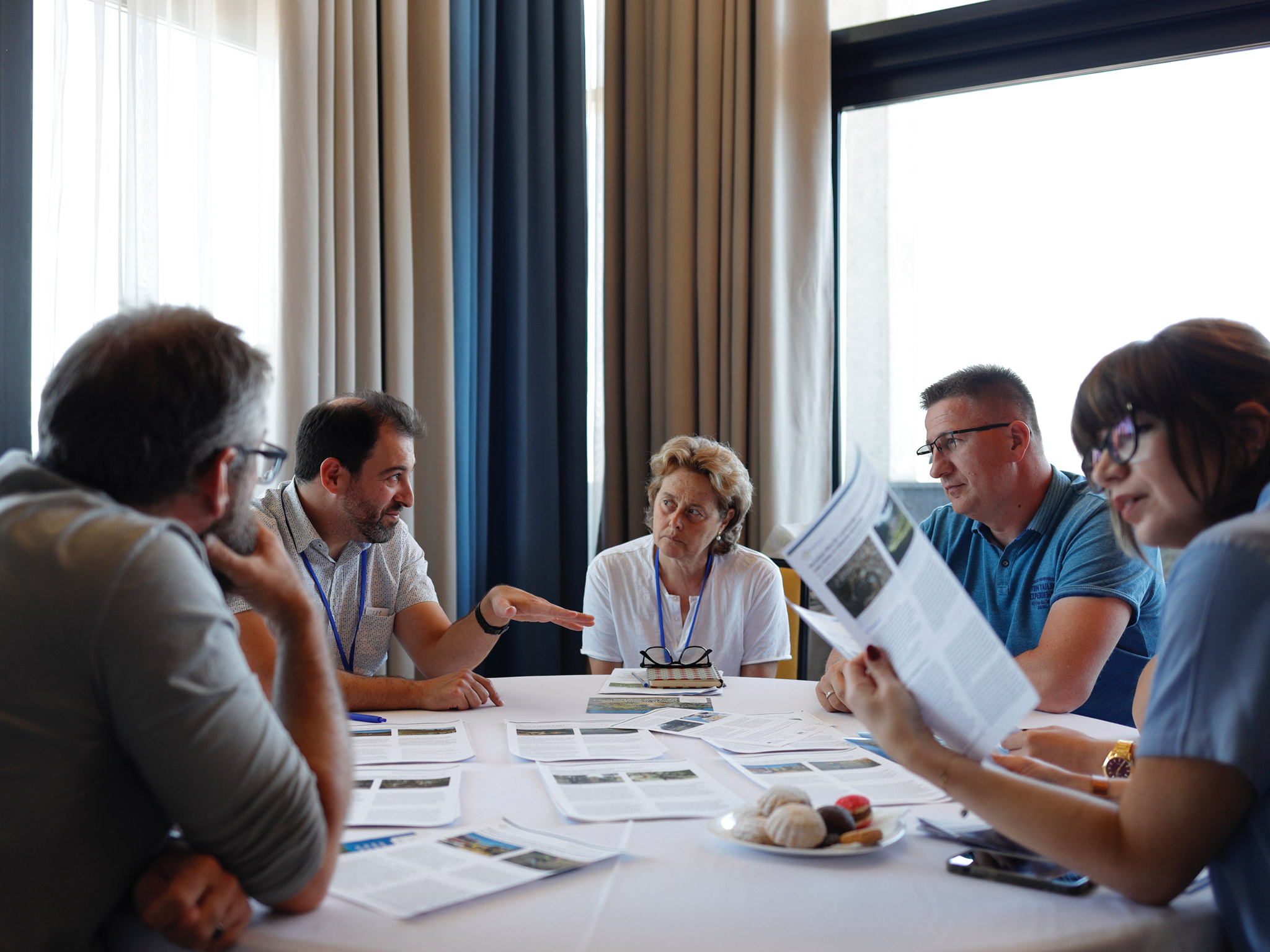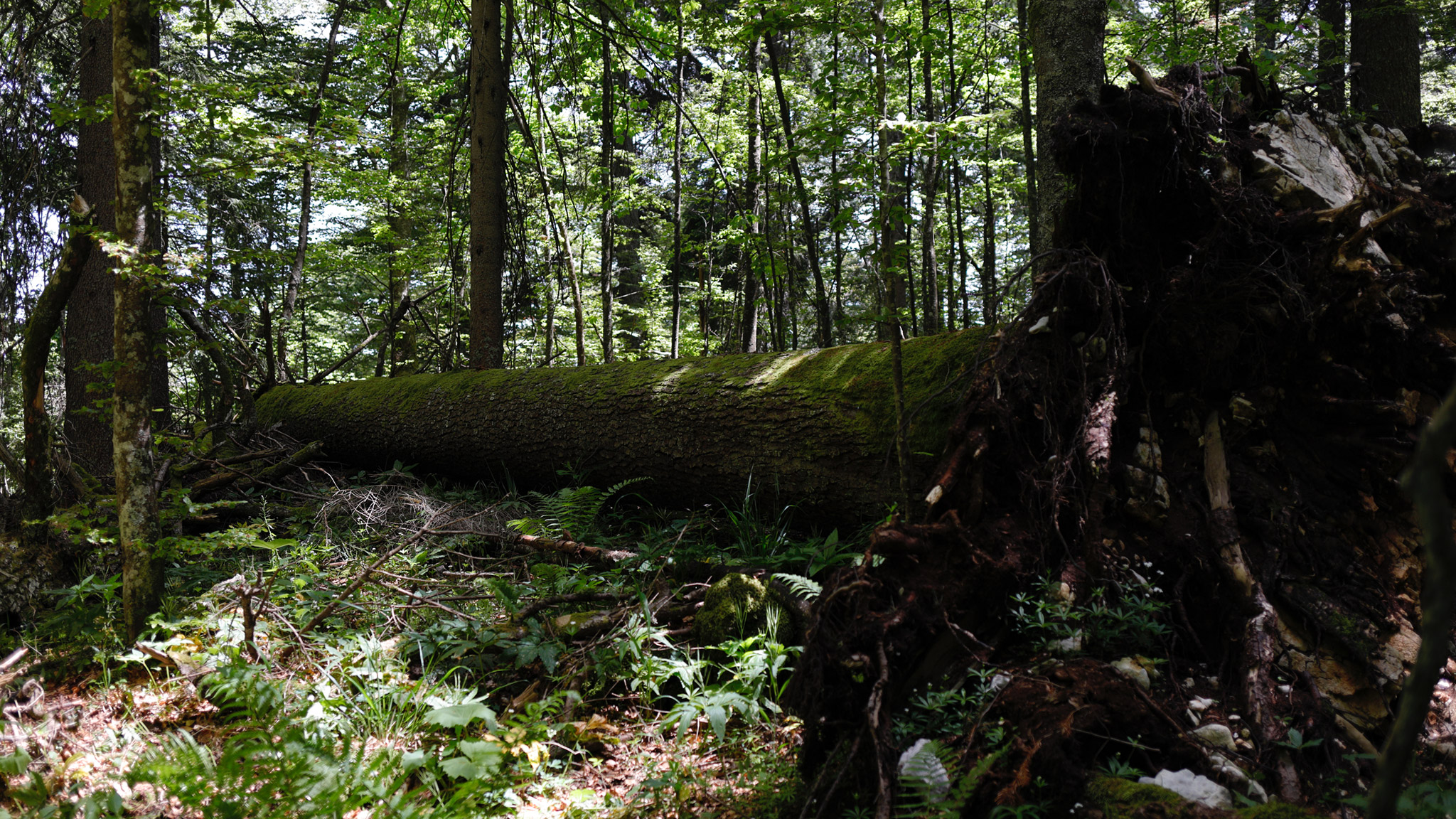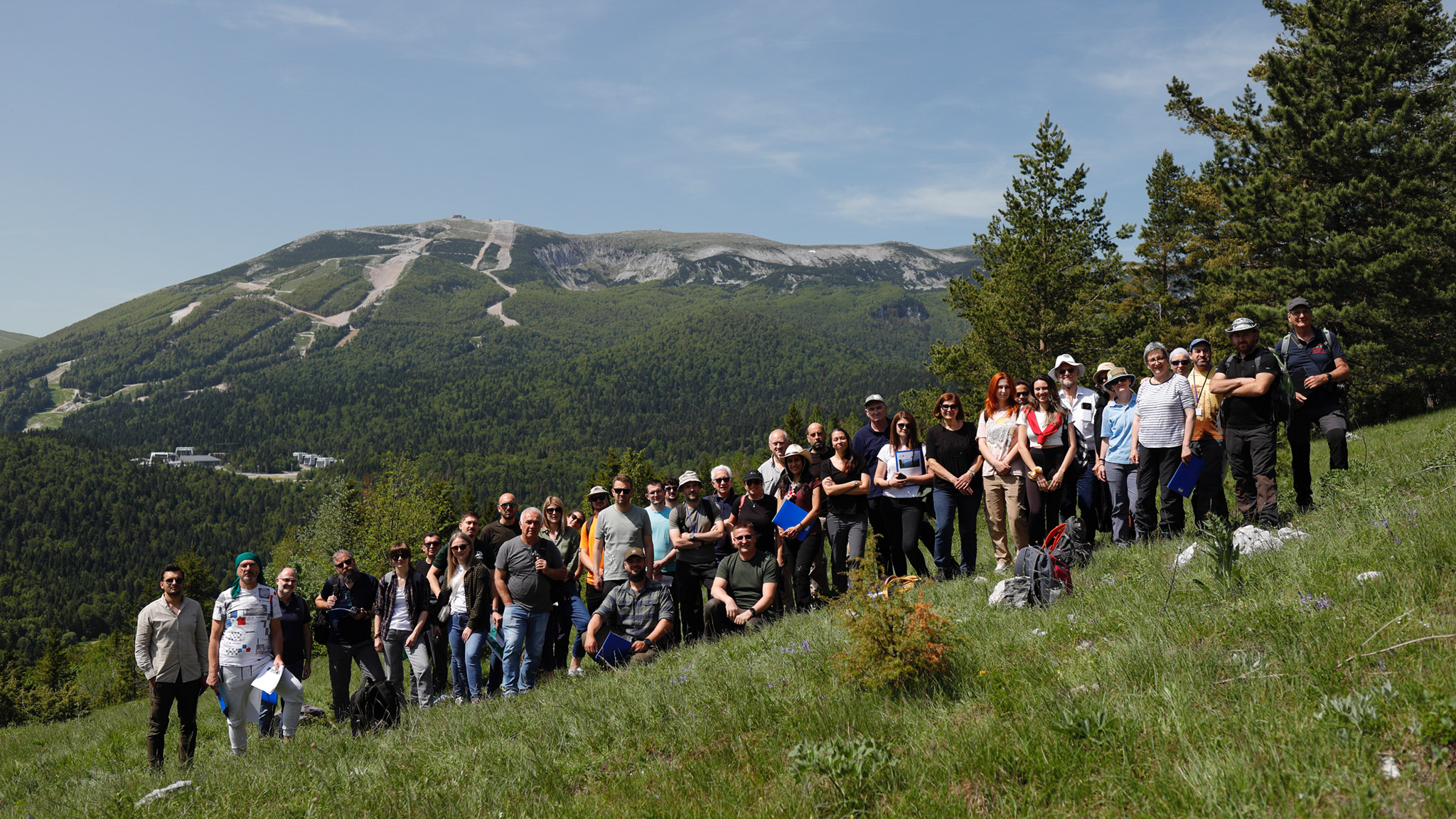From June 3 to 5, 2025, the StrategyMedFor project held its second Consultation Workshop on Sustainable Forest Management hosted by the Faculty of Forestry of the University of Sarajevo (SFSA-UNSA), Bosnia and Herzegovina. The event brought together Mediterranean forest experts, local stakeholders, and project partners for three days of rich exchanges and collaborative work on sustainable forest management in the region.
Workshop on Sustainable Forest Management Highlights:
- Presentation of the Strategy on Sustainable Management of Mediterranean Forests (SSMMF)
Participants were introduced to the development process and strategic framework of the SSMMF. Discussions focused on its core components, including climate change adaptation, ecosystem restoration, and policy integration.
- Validation of Criteria and Indicators
Interactive sessions allowed participants to provide feedback on the proposed set of Mediterranean-relevant criteria and indicators for forest protection, resilience, and restoration. Their input contributed to refining the strategy’s monitoring framework.
- Refinement of Spatial Indicators
Spatial proxies supporting the criteria and indicators were reviewed and finalized during working sessions, setting the foundation for future monitoring and assessment of forest sustainability in the Mediterranean.
- Field Visit to the Dinaric Alps
A field visit to the StrategyMedFor demonstration site in the Dinaric Alps offered participants the opportunity to see local forest challenges and restoration measures firsthand. Discussions on spatial data validation and site-level implementation helped connect strategic goals to real-world practices.
This workshop marked an important step forward in co-developing a Mediterranean-specific strategy that is both science-based and locally grounded. StrategyMedFor continues to build momentum toward a more resilient future for forests across the region.
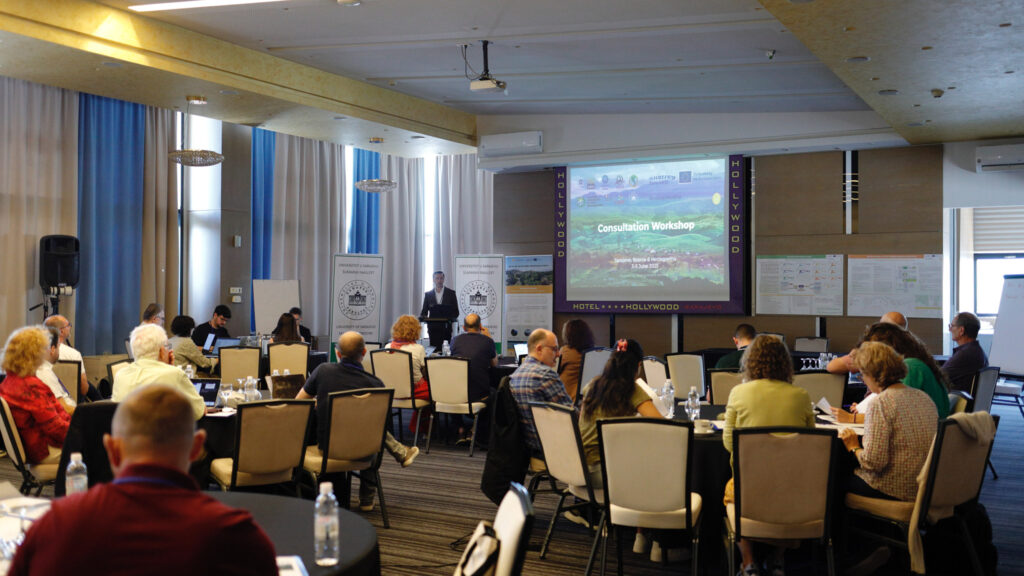
A Glimpse Into the Workshop Agenda
Here were the main sessions scheduled during the three days.
Day 1: June 3, 2025
- Session 1: A Strategy for Sustainable Management of Mediterranean Forests (SSMMF) and Selected Criteria & Indicators
- Session 2: Spatial Proxies to Support Criteria & Indicators Implementation
- Session 3: Applicability of the Criteria & Indicators at Site Level
- Session 4: Reflection from the Associated Partners
Day 2: June 4, 2025
- Field Visit – Case Study Dinaric Alps
- Activities at Bjelašnica Mountain
Day 3: June 5, 2025
- Session 5: Presentation of Results (WP3)
- Hands-on into Forest Landscape Resilience: The ResAlliance Project
- Session 6: Contributions from Associated Partners
- Wrap-up and Follow-up Actions
About the Dinaric Alps Pilot Site
Nestled on the Olympic Mountain Igman, near Sarajevo, the Dinaric Alps pilot site stands as a testament to the region’s rich biodiversity and unique forest ecosystems. This area, managed as a demonstration site for university education and research by the University of Sarajevo – Faculty of Forestry (UNSA FoF) from 1948 to 1967, is now under the stewardship of the public forest company Sarajevo šume. The site’s strategic location and ecological significance make it an ideal candidate for studying the impacts of climate change and sustainable forest management practices.
The pilot site was chosen for several compelling reasons:
- Climate Intersection: Situated at the border between the Mediterranean and Alpine regions, the Dinaric Alps experience a unique blend of climates. This intersection makes the area particularly sensitive to climate change, providing an excellent opportunity to observe and study its effects.
- Ecological Importance: The Virgin and old forest of Ravna Vala is an area of high ecological value, untouched by human interference. Since 1971, the forest management approach in this area has focused on maintaining and reconstructing natural forests, resulting in multi-aged and mixed forests composed of local tree species with dominant natural regeneration.
- Management Practices: The management approach for the test site since 1948 has involved group-tree selective cutting, which aims to preserve the natural regeneration of the forest. This practice has helped maintain the forest’s biodiversity and sustainability.
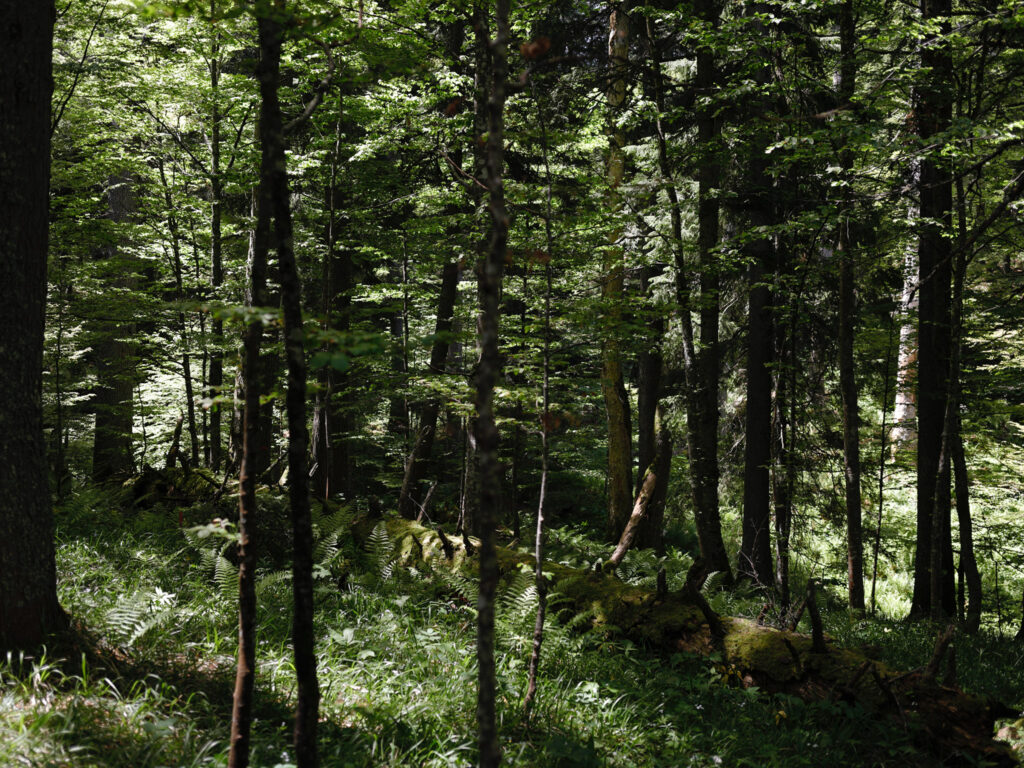
Project Goal and Expected Outcomes
The primary goal, within the StrategyMedFor project, is to assess the sustainability of current management practices, particularly in terms of biodiversity. This will be achieved by comparing state indicators from the virgin forest with those from nearby managed forests. Sample plots with similar orography will be selected, permanently marked, and tested in both the virgin and managed forests to gather comprehensive data.
The project is expected to:
- Enhanced Sustainability and Biodiversity
The strategy will evaluate whether the current management regime can maintain the sustainability of the forest ecosystem and protect biodiversity. Necessary amendments to legal regulations and procedures will be proposed to establish a truly sustainable system, with a strong emphasis on biodiversity preservation. Furthermore, a developed monitoring methodology will define where, how, when, and which data to record, as well as the sustainability indicators to assess.
- Strengthened Policy Development
The strategy will guide the further development of national forest policy principles based on sustainable forest management concepts. This will help change the general public perception of the forestry sector in Bosnia and Herzegovina, promoting a more sustainable and environmentally conscious approach.
- Increased Resilience of Forest Ecosystems:
The strategy will examine the role of forest management practices in adapting to climate change. The current system’s reliance on natural forest regeneration will be assessed, and necessary evaluations of decisions and activities will be made to address challenges posed by significant and rapid climate changes.
In conclusion, we hope that this initiative will not only benefit the local environment but also serve as a model for sustainable forest management practices worldwide.


